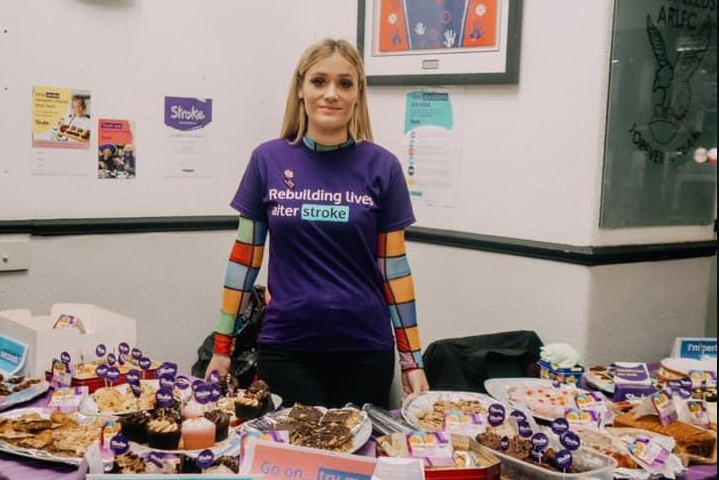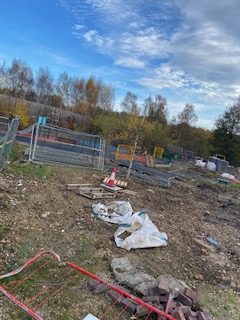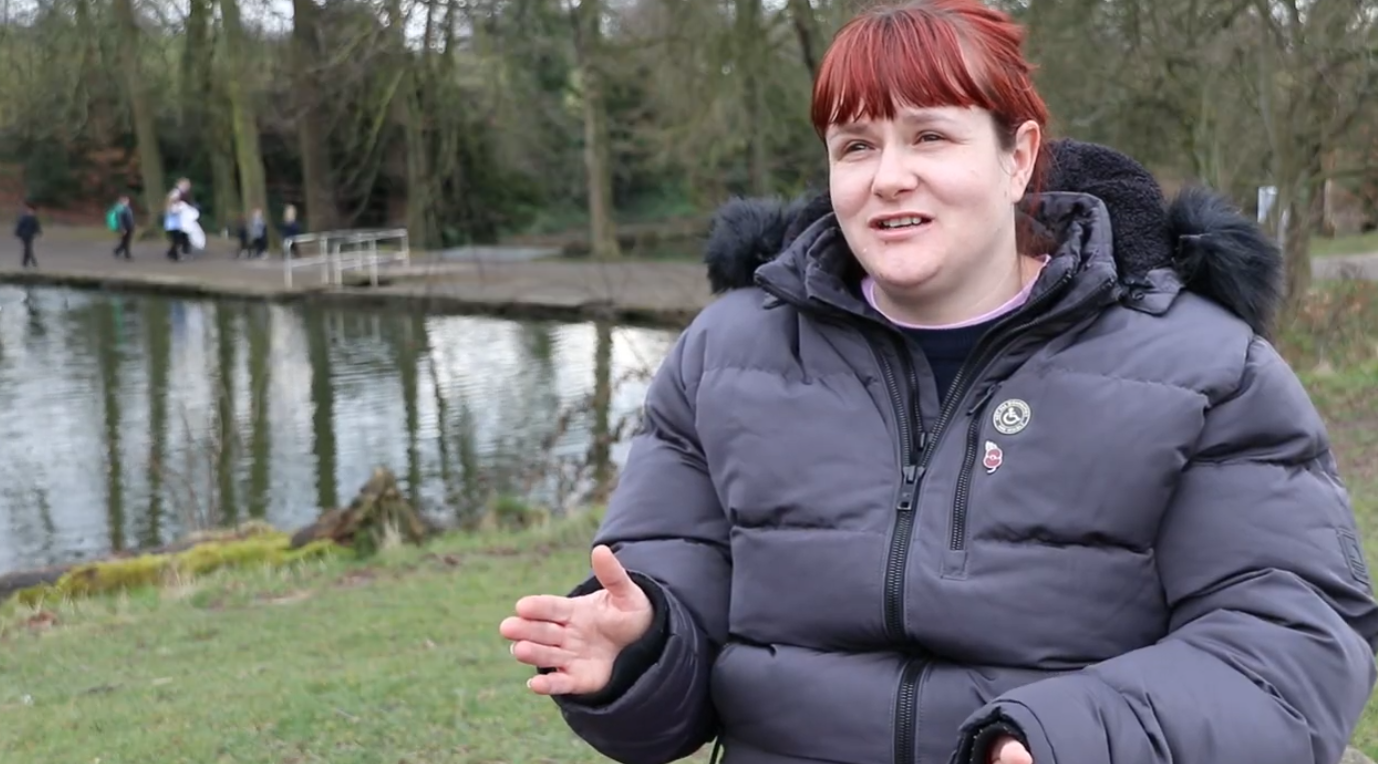Young stroke patients who were misdiagnosed by medics are calling for action and a greater awareness of their symptoms.
As part of National Stroke Awareness Month, Sheffield Wire has spoken to survivors about their experiences and the fundamental changes they feel would help with a quicker diagnosis.
Lili Vachon is 27. She suffered a stroke in 2021, went to hospital, and was sent home with a migraine after spending hours waiting in A&E without a single test.
She said: “It doesn’t feel good being left unheard as a young person. So many people, like me, are misdiagnosed and sent home, when I wasn’t fit to leave A&E.”
According to the Stroke Association, most people are not aware of how serious strokes can be, with just 39% of people recognising them as medical emergencies.
Bridie Kirsopp, now 29, suffered a stroke when she was just 17-years-old.
After experiencing a severe headache, blurred vision, vomiting, and was unable to stand, she wasn’t diagnosed correctly until five days later, when she underwent a CT scan.
Georgia Hanson, 20, who similarly suffered a stroke when she was 19, believes a quick diagnosis and treatment is key to a successful recovery.
“If an ambulance can get to someone suffering a stroke quickly, and get them to hospital then it gives them the best chance possible of making a good recovery,” she said.
It is not just young adults who can experience a stroke. During childbirth, Rebecca Merritt’s son Jacob suffered a perinatal stroke and was left with lifelong health issues.
His mother recalled how she “didn’t even know a baby could have a stroke”.
One in 2,300 live births result in a stroke in the UK every year, which means there will be 303 families affected by a life-changing trauma they likely don’t even know exists.
However, with ambulance services across the country in a dire state, average wait times for young stroke victims are nearly five times what they should be, according to the Nuffield Trust.
Remember the signs:
Face: Is the person’s face drooping, can they smile?
Arms: Can they raise both of their arms; do they have weakness on one side?
Speech: Is their speech compromised or slurred?
Time: It’s time to call 999.
For more information on spotting the signs of a stroke, click here.




